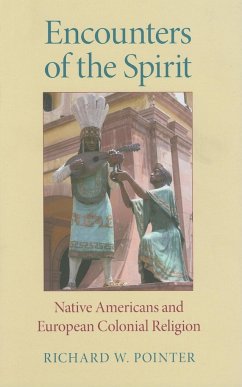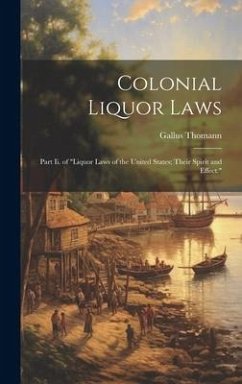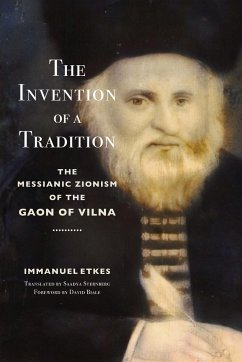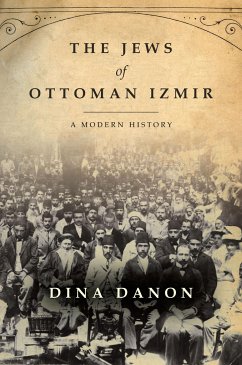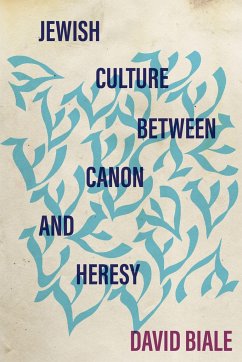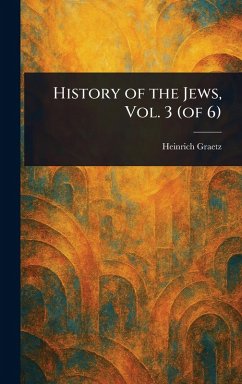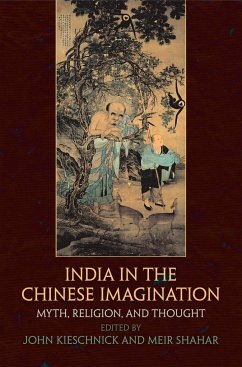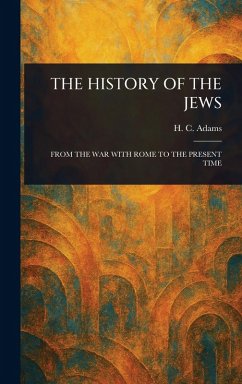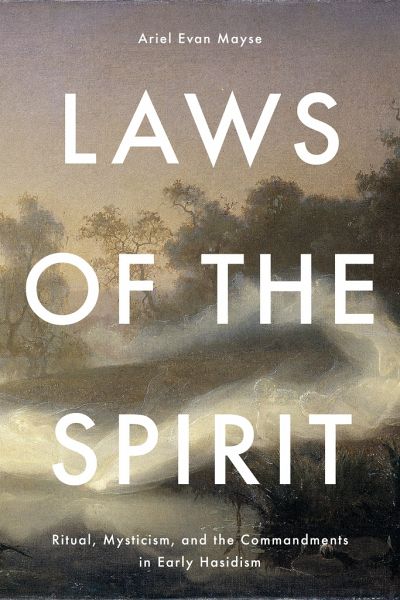
Laws of the Spirit
Ritual, Mysticism, and the Commandments in Early Hasidism
Versandkostenfrei!
Versandfertig in über 4 Wochen
74,99 €
inkl. MwSt.

PAYBACK Punkte
37 °P sammeln!
"This book investigates a fundamental tension in Hasidic studies: How did a religious movement known to be radical in its views about God, revelation, and personal religiosity simultaneously produce commitment to the structures and obligations of Jewish law? Exploring the movement from its emergence in the mid-1700s until 1815, Ariel Evan Mayse argues that nomos, eros, and mystical piety merged in Hasidism to produce a daring and highly original theory of the commandments and their significance. The novum of Hasidism is visible not in whether its leaders broke or upheld rabbinic norms, but in ...
"This book investigates a fundamental tension in Hasidic studies: How did a religious movement known to be radical in its views about God, revelation, and personal religiosity simultaneously produce commitment to the structures and obligations of Jewish law? Exploring the movement from its emergence in the mid-1700s until 1815, Ariel Evan Mayse argues that nomos, eros, and mystical piety merged in Hasidism to produce a daring and highly original theory of the commandments and their significance. The novum of Hasidism is visible not in whether its leaders broke or upheld rabbinic norms, but in the movement's vivid attempt to rethink the purpose of ritual. Shedding allegiance to the notion of law, Mayse claims that the methods and vocabulary of ritual studies are better suited to helping us understand the contradictions and tensions of this religious movement as well as its remarkable intellectual vitality. Delving into the full range of Hasidic sources (legal writings, sermons, regimen vitae, theological treatises, responsa, letters, and hagiography) and reading them together with studies of ritual across the past three decades, this book argues that Hasidism offers a sophisticated intellectual vision that pushes beyond a host of hopelessly insufficient binaries such as law and spirit, nomos and eros, mind and body, tradition and innovation"--



